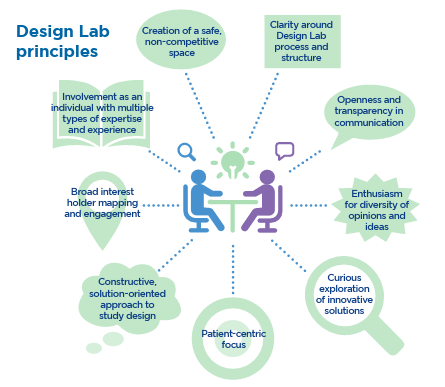What is the long-term effect of direct antiviral agents for Hepatitis C?
The first June seminar of the Center for Quantitative Methods and Data Science (QM&DS), in partnership with the Biostatistics, Epidemiology and Research Design (BERD) Center at Tufts CTSI and the Data-Intensive Studies Center (DISC) at Tufts University, is Wednesday, June 9, 2:00-3:00PM via Zoom. The topic of this month’s webinar is What is the Long-term Effect of Direct Antiviral Agents for Hepatitis C? A Causal Inference Approach Using ‘Big Data,’ presented by Sara Lodi, PhD.
The advent of direct-acting antiviral agents (DAAs) in 2011 revolutionized hepatitis C virus (HCV) treatment: based on clinical trials and real world data, approximately 95% of patients treated with DAA achieved a sustained virological response equivalent to cure. However, even after cure is achieved, the risk of hepatic and extra-hepatic disease remains. Our understanding of post-DAA clinical outcomes is based on clinical trials with relatively short follow-up and selected participants. However, the extent to which DAA impacts extra-hepatic morbidity in the long-term and in heterogenous populations is unknown. Electronic health records collected in routine clinical practice provide a unique opportunity to estimate the long-term benefits of DAA treatment and to assess the need for post-DAA clinical management.
In this talk, Dr. Sara Lodi will discuss how to design an observational study to estimate the effect of DAA on kidney function using the target trial approach. She will also describe how to apply and interpret the results of the parametric g-formula, a causal inference method that provides consistent estimates in the presence of treatment-confounding feedback. Dr. Lodi will present preliminary results using electronic health records from Boston Medical Center and the HepCAUSAL collaboration.
Faculty
Sara Lodi, PhD is an Assistant Professor in Biostatistics at Boston University School of Public Health. She obtained her PhD in Medical Statistics at the London School of Hygiene and Tropical Medicine in 2009. Her research focuses on clinical trials, clinical epidemiology and comparative effectiveness research using routinely collected heath data, particularly in the area of infectious disease and substance use. Methodologically, she focuses on statistical techniques for causal inference to estimate effects of interventions along the HIV continuum of care. She has published many articles on behalf of large international collaborations of HIV cohorts such as CASCADE, COHERE, URBAN ARCH and the HIV-CAUSAL Collaboration.
Details
Wednesday, June 9, 2:00-3:00PM, via Zoom
Registration
To attend, please register here via Tufts CTSI I LEARN.



